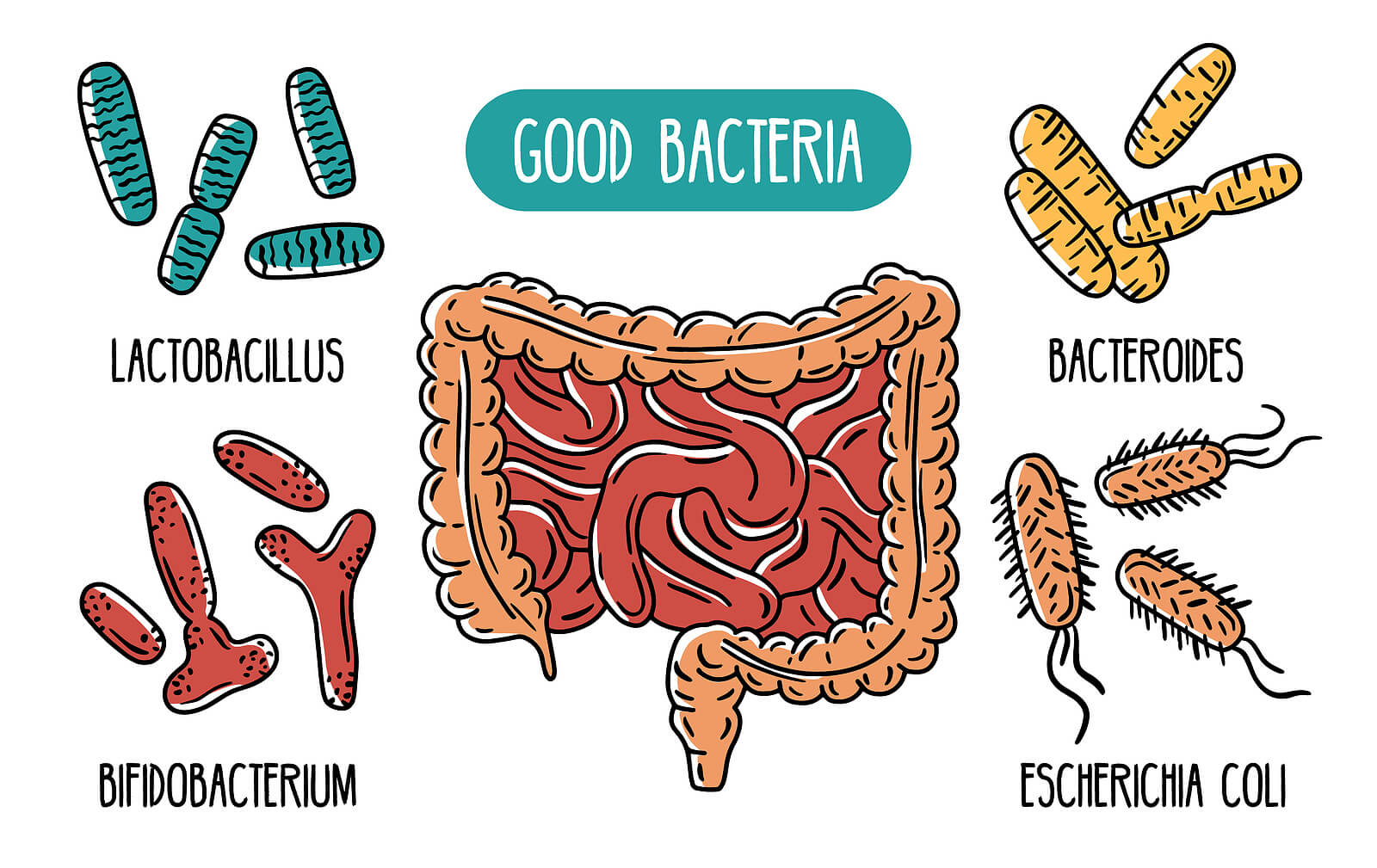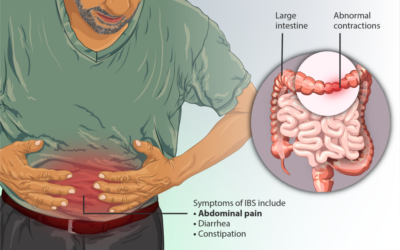The foods you put into your body determines the type of bacteria that will live in your gut. Your gut microbiome, the largest collection of bacteria in your body, starts forming when you are born and continues to change as you age. The bacteria in your gut is supported by your diet and also helps digest food and absorb nutrients. There are many studies being done that are contributing to the idea that a person’s gut health is related to obesity and cancer jointly. Along with those studies, there is more research being done about how gut bacteria can help fight off cancer as well.
To fill your body with a healthy balance of bacteria, a diet that includes a variety of plant foods like fruits, vegetables and beans can greatly help. This tends to be the case because these foods are a good source of fiber, which helps nurture a strong gut with healthy bacteria. Another important category of food to eat is pre and probiotic foods. These foods can change existing gut bacteria to keep a healthy mix and also prevent the growth of harmful bacteria. Since your gut bacteria plays an important role in how your body uses energy from the food you eat and also decides how many calories to store as fat, it plays a crucial role in lowering a person’s risk for obesity. A known risk factor for many different types of cancer is obesity so having good gut health could reduce your risk for cancer.
Not only can a healthy gut reduce your risk for some cancers, but it can also help your body fight cancerous tumors. Short chain fatty acids (SCFAs) are produced when dietary fiber is consumed and fermented in the gut which helps encourage a healthy gut environment. SCFAs have a few positive health effects including being able to boost the activity in T cells by reprogramming the way they work and encouraging tumor cell destruction. A common cancer treatment, immune checkpoint inhibitor therapy, blocks the proteins on tumor cells that T cells can bind to that will spare the cell. This allows the T cell to do their job and destroy tumor cells. This research is showing that a balanced gut could boost the effectiveness of immune checkpoint inhibitor therapy which will help cancer patients have a more successful treatment.
It’s believed that microbiome based therapies will help more cancer patients respond better to immunotherapies, like immune checkpoint inhibitor therapy, but more research needs to be done. Right now, typically less than 40% of cancer patients receiving these types of therapies are having a successful response. The goal is to find ways to push the patient’s microbiomes to energize their tumor fighting T cells which will result in destroying cancer cells. Your gut health is incredibly important to preventing and fighting cancer, along with many more diseases.




0 Comments